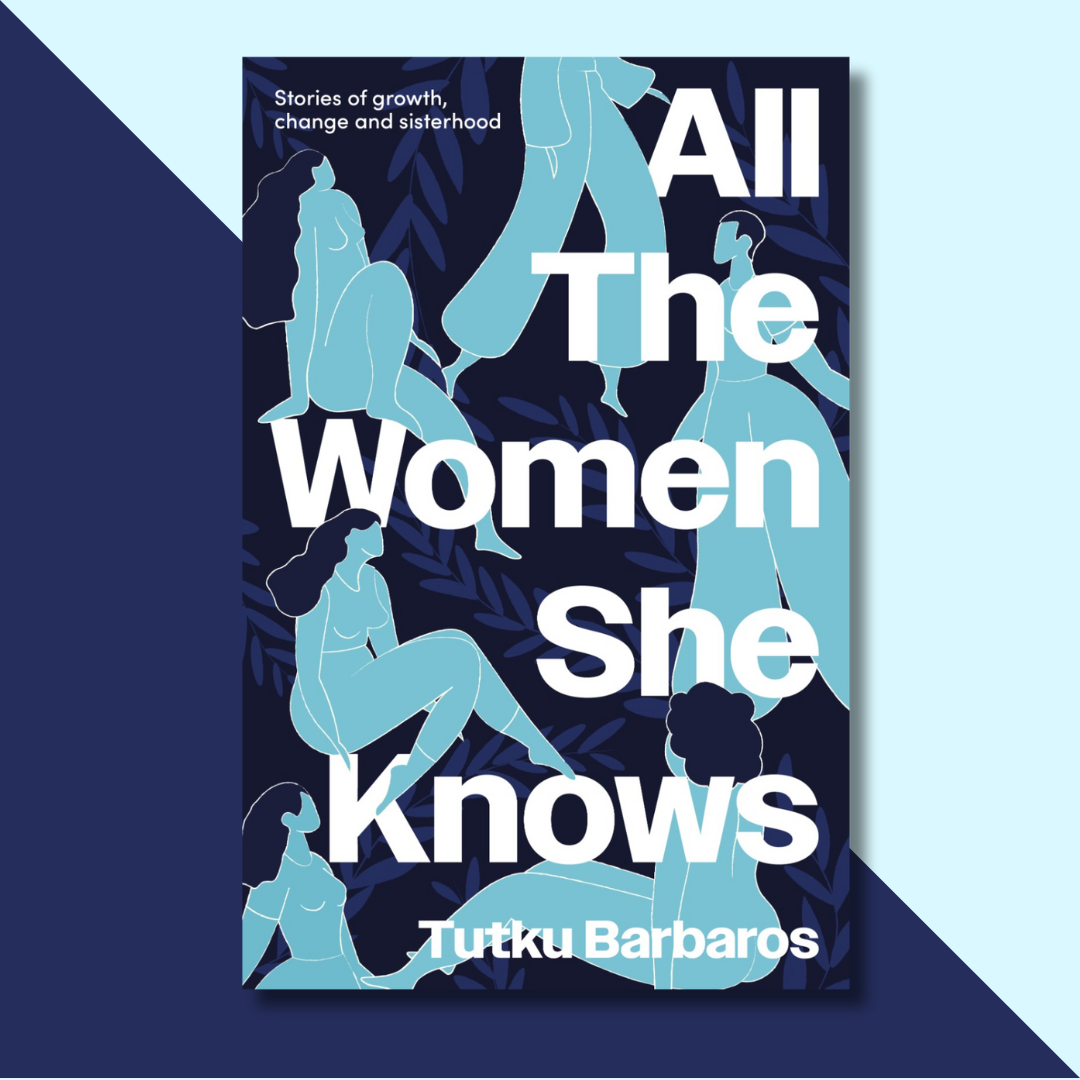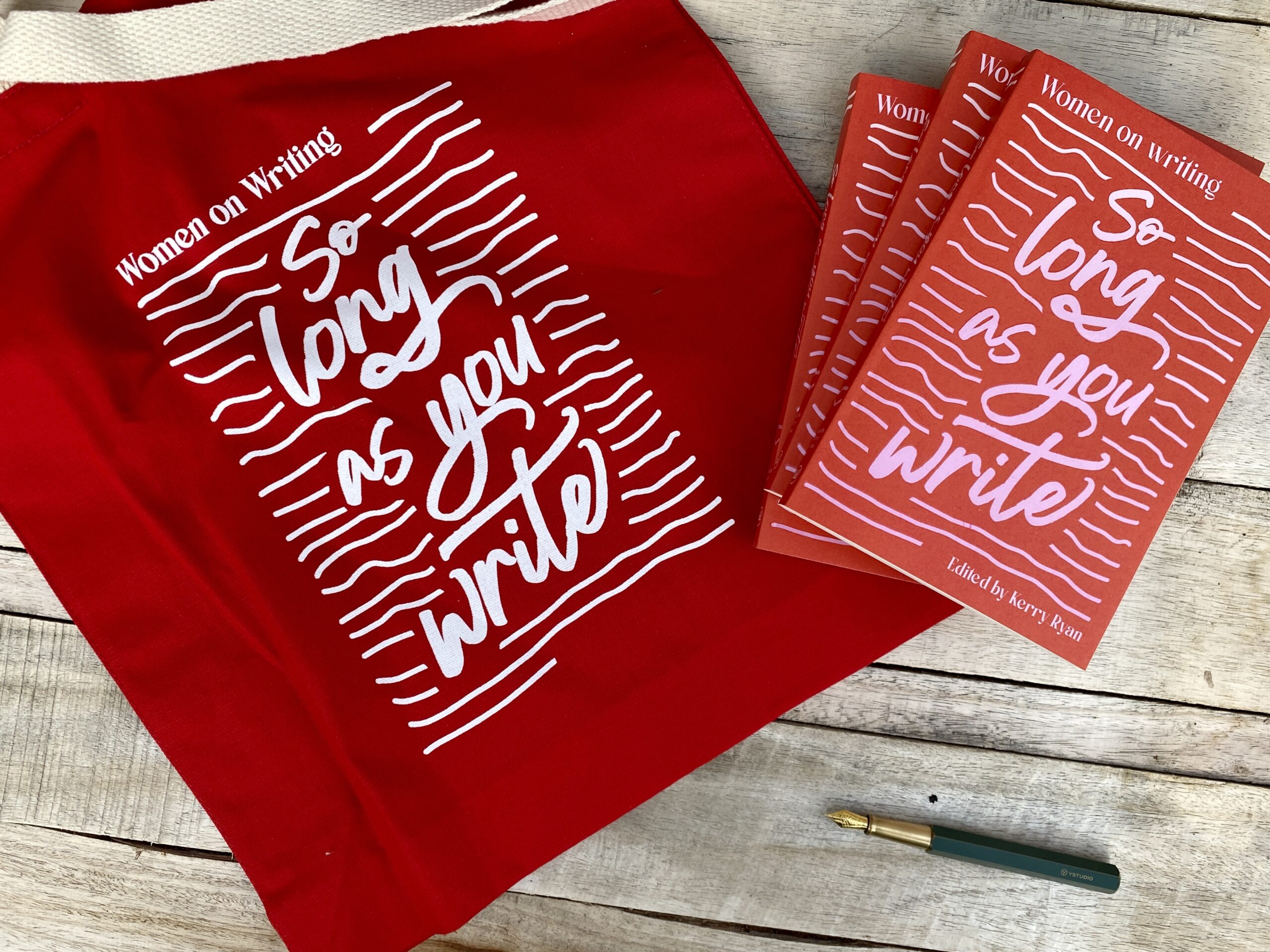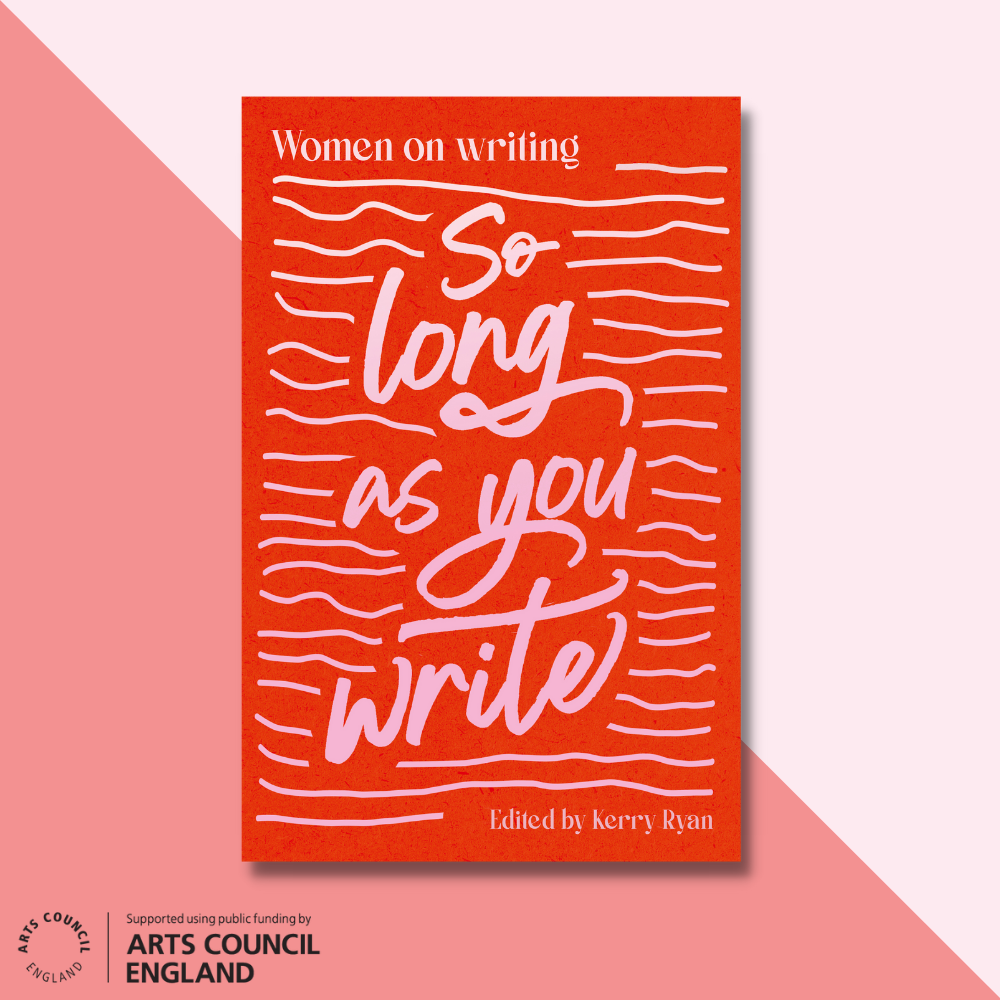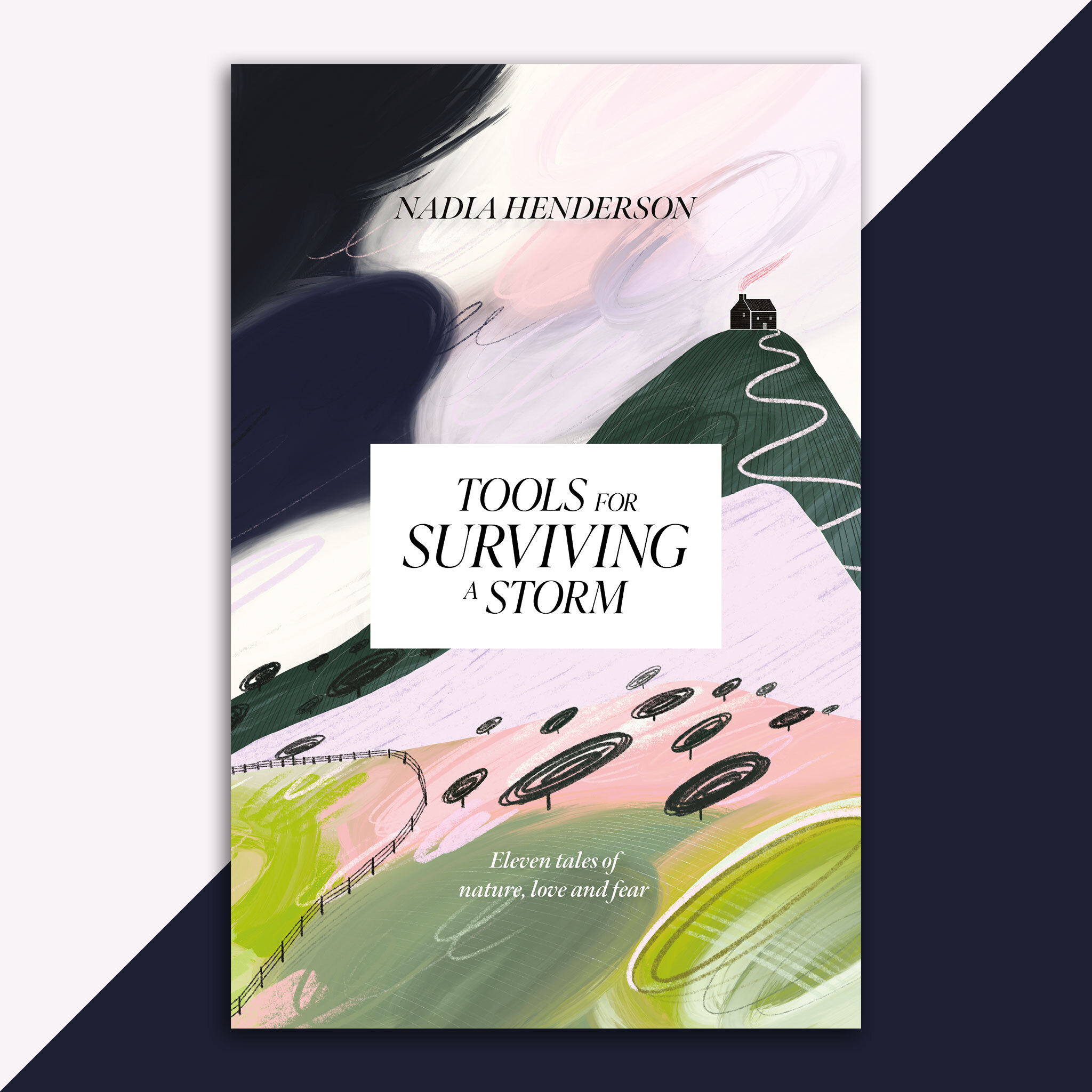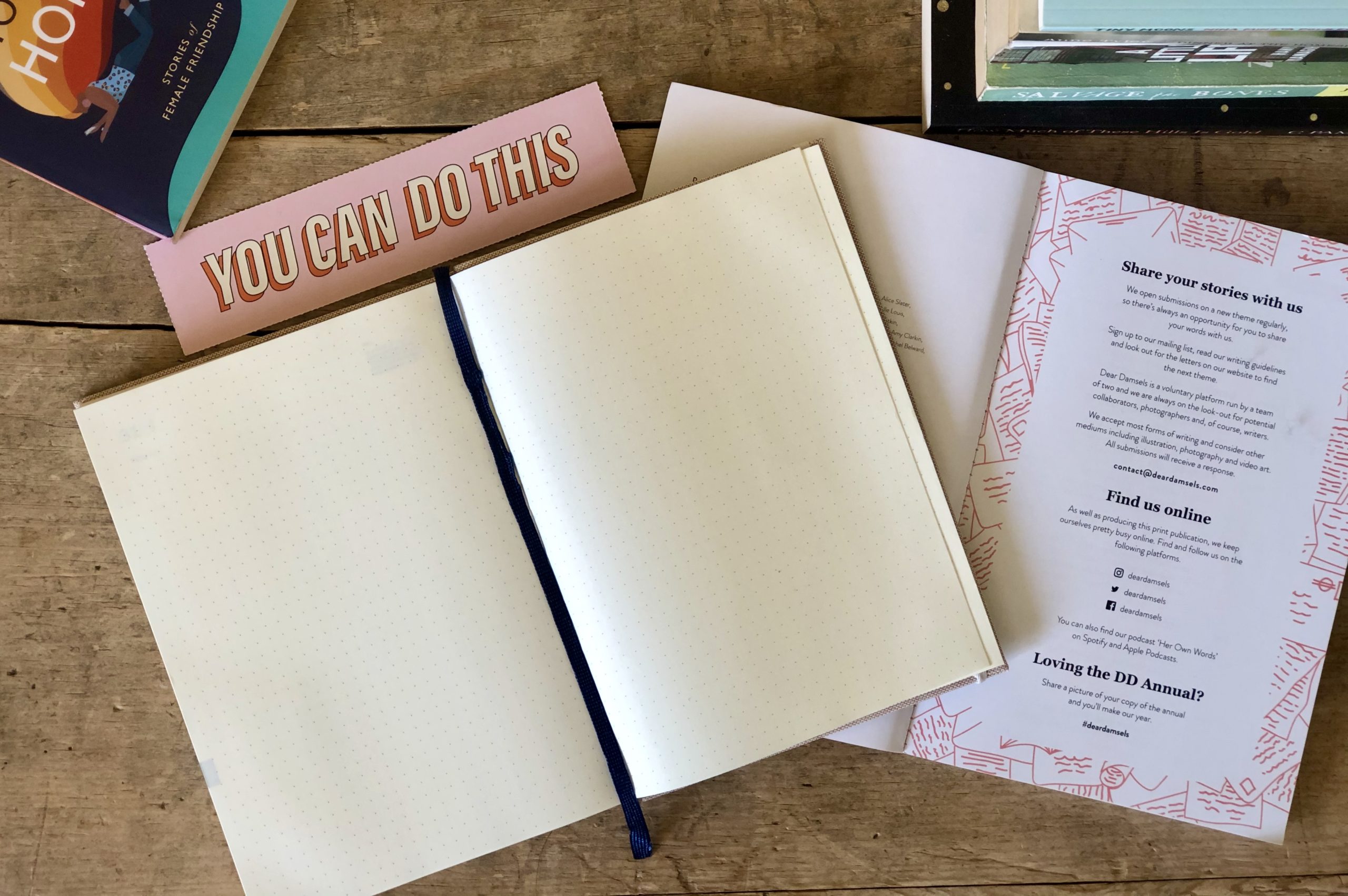Paranoia
by Cicely King
We sit in a nervous circle on the field, ten 14-year-old girls, hunched over and fiddling with our hair. We adore each other, we gasp with laughter, we sleep side-by-side, we whisper our secrets, scream our stories.
Today, though, we’re playing a game that no one enjoys. It leaves us brimming with self-loathing and shame. The game is called Paranoia, and that’s exactly the emotion stirred up when we lean in, whisper a question in each other’s ear, and point to the girl who we think fits the bill. The questions can be nice – who is the prettiest? Who is most likely to be a millionaire? Who will marry first?
More often than not, however, they are cruel – who is most likely to never get a boyfriend? Who will fail all their exams? Who has the worst style? We are not kind to each other, in this circle. We laugh at the cruelty of the game, we smile when we hurt each other.
We sit cheek to cheek on the bus sharing one set of earphones, listening to pop music and indie rock. We keep the volume low, we are embarrassed by our taste. Older men sneer at us. Our music is fundamentally bad, they say, because music liked by teenage girls is trivial, stupid. We have learnt not to share loudly what gives us pleasure.
We are children derided by men, the same men that shout obscenities at us from their cars, that follow us home at night, that message us on the internet, men in their twenties, thirties, forties. Men who know our age and enjoy the way our shoulders tense in fear when they walk ten steps behind, men who teach us, men with daughters.
We are taught at school that healthy sexual desire is held in the eyes of boys, but controlling that desire is up to us. We need to consider the effects of our bodies on our male teachers and classmates, they say. We will be pressured into sex, we are told. They say that we won’t want to have it, but it is our responsibility to stop it happening. We, still children, have become gatekeepers of men’s sexual desires. We are not emboldened by this, rather, we shrink into ourselves, we are losing more power over our bodies with each passing day.
“We know what acceptable womanhood is – it is skinny, hairless and young, and we make sure to scold each other if we stray from it.”
We view our bodies as growing sources of shame. We read magazines that circle, in bold bloody red, zoomed-in pictures of cellulite, spots or body hair; we jab at our growing bodies with disgust. We know what acceptable womanhood is – it is skinny, hairless and young, and we make sure to scold each other if we stray from it. We know that it is wrong to explore our bodies, because we are the ones spreading rumours about the girls that do. They are dirty, weird, and unfeminine. To touch ourselves would be to ostracise ourselves. Besides, we wouldn’t know what to think of, in that moment, in bed. We are used to seeing sex through men’s needs, so much so that sometimes we wonder if we like women too, when all we see is their naked bodies on our screens.
Hormones overwhelm us. If we cry, we are called attention-seeking. Our issues are silly, they say, we are just teenage girls. For us, in our small world, our circle of friends means everything. We are hyper-sensitive to any small grievance by our friends that may lead to exclusion, pain. If we are angry at each other, we are not allowed to show it. The boys at school punch and kick each other, their emotions are externalised, they are allowed release, ours have to remain inside us. Good girls don’t fight, women aren’t aggressive – that’s unfeminine, that’s unattractive.
We cannot fight, we cannot cry, we cannot scream, we cannot be children; we cannot release our tension and anger, without being scolded. So we sit in a circle, ten 14-year-old girls, and play out the cruelty of the world, the things that fill us with shame, fear and paranoia, on each other instead.
Cicely King | @bad.gal.cici
Cicely is a researcher in her late twenties, with a degree in Sociology, and a keen interest in writing about feminism, sex and women’s experiences.
